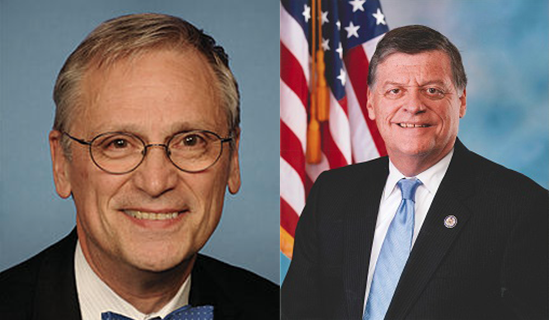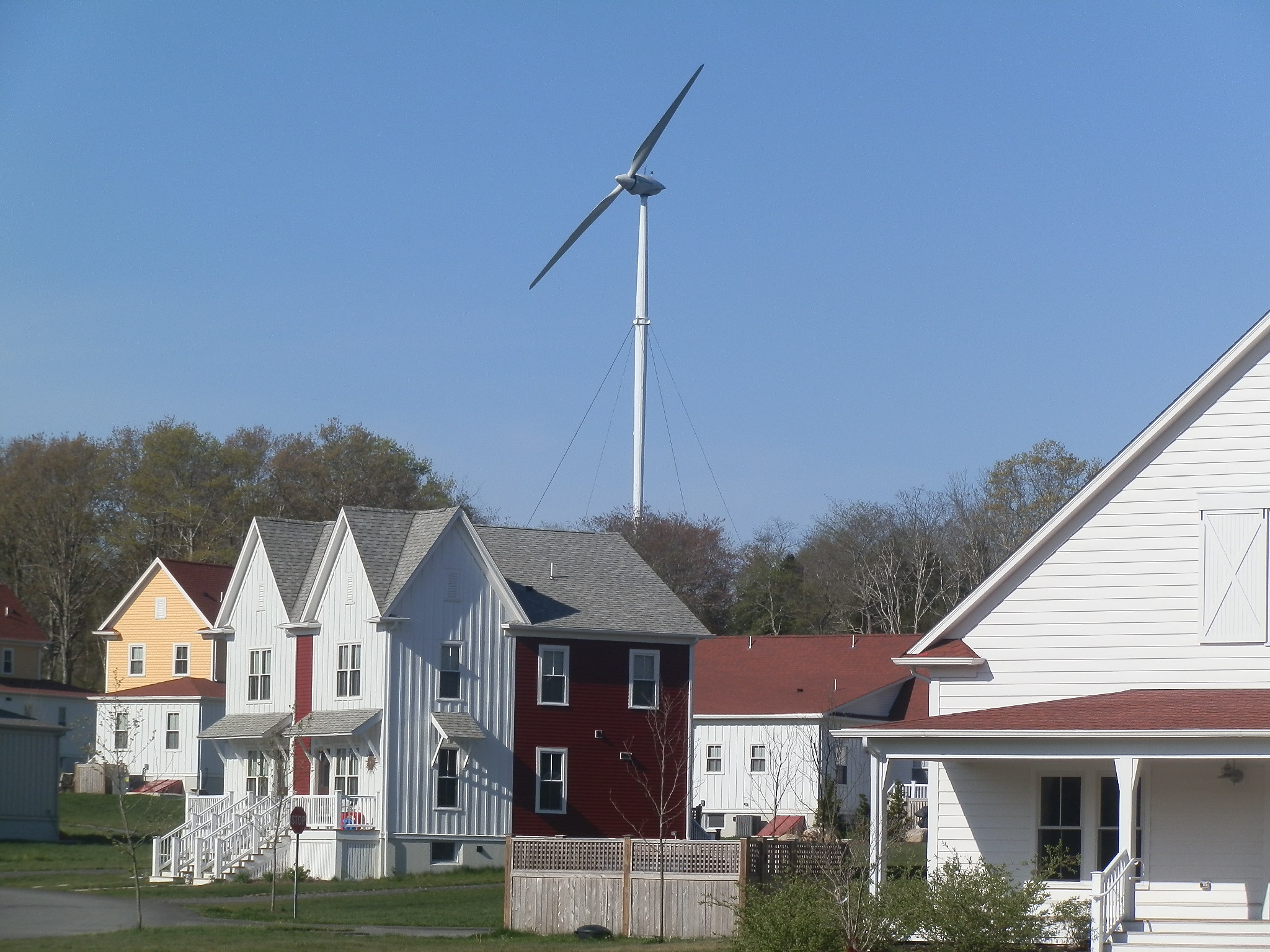
Representatives Blumenauer (OR-03) and Cole (OK-04) applauded for introducing Rural Wind Energy Development Act
New legislation expands limits on small wind ITC to include broader distributed wind industry
Washington, DC – Today, Representatives Earl Blumenauer (OR-03) and Tom Cole (OK-04) introduced the Rural Wind Energy Development Act to provide an investment tax credit to ranchers, farmers, and small businesses to offset the up-front costs of owning a distributed wind turbine. This modest expansion of current law will keep small business energy jobs growing across the United States.
Distributed wind projects are present in all 50 states, providing clean, homegrown, affordable power and economic development across the United States. These systems are commonly, but not always, installed on residential, agricultural, commercial, industrial, and community sites and can range in size from a few-hundred-watt, off-grid turbine at a remote cabin or a 5-kW turbine at a home to a multi-MW turbine at a manufacturing facility.
“I applaud Representatives Blumenauer and Cole for their leadership at this critical time for our industry,” said Jennifer Jenkins, Executive Director of the Distributed Wind Energy Association. “This industry is bigger than just one job or one type of turbine. We have an entire supply chain here in the U.S. providing parts for a wide range of distributed wind systems, while employing Americans and providing American-produced electricity. This legislation will provide stability and certainty for the entire distributed wind market and allow this American success story to go on.”
The Congressmen issued the following statements earlier today:
“Community wind energy not only creates American-produced electricity, but American jobs as well,” said Blumenauer. “Approximately 90% of distributed wind turbines sold in the U.S. are made here, according to domestic manufacturing content, creating non-exportable, family wage jobs.”
“I am pleased to once again work with my friend and colleague in furthering the success of the same credit we worked to create in 2008,” said Cole. “Not only does the credit play an important role in encouraging and developing an all-of-the-above energy approach for our nation, but it also ensures that America continues to be a leader in innovation. By modestly increasing this credit, we can continue to encourage economic development, especially in our rural communities.”
The existing investment credits, which may be taken in lieu of the federal Production Tax Credit for large-scale wind projects, have worked very well, but are too limiting. This bill strikes the existing 100 kilowatt nameplate limitation for small wind systems, and expands the maximum wind turbine size to 20 megawatts, in line with the Federal Energy Regulatory Commission definition of distributed wind power.
This will provide stability and certainty for the distributed wind market and unlock the necessary investment to grow our global leadership role in distributed wind power, while helping Americans take advantage of clean, renewable, affordable power.
###
About the Distributed Wind Energy Association
The Distributed Wind Energy Association is a collaborative group comprised of manufacturers, distributors, project developers, dealers, installers, and advocates, whose primary mission is to promote and foster all aspects of the American distributed wind energy industry. Distributed wind is the use of wind turbines at homes, farm and ranches, businesses, public and industrial facilities, off-grid and other sites connected either physically or virtually on the customer side of the meter to offset all or a portion of local energy consumption or to support grid operations. DWEA seeks to represent members and associates from all sectors with relevant interests pertaining to the distributed wind industry. For more information on DWEA, please go to www.distributedwind.org. Follow us on Twitter @DWEA and like us on Facebook
For more information
Lauren Glickman, Communications Manager
Lglickman@distributedwind.org,

